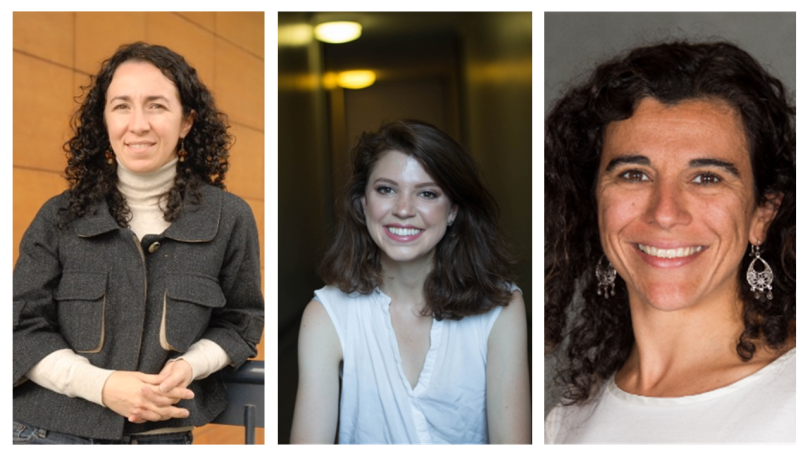
- Undergraduate
- Research
- About the Program
- News & Events
- People
Back to Top Nav
Back to Top Nav
Back to Top Nav
Back to Top Nav
Elsa Voytas, a Postdoctoral Fellow with the Program in Quantitative Social Science (QSS) at Dartmouth College, recently published an article, "Do Transitional Justice Museums Persuade Visitors? Evidence from a Field Experiment" in Journal of Politics. Elsa, who received her doctorate in political science from Princeton University in 2021, conducts research on transitional justice policies and how they shape political behavior and reconciliation in post-violence settings. Among other things, she is interested in the way that museums in Chile, the United States, and Northern Ireland educate visitors about historical periods that involved injustice and violence.
During Fall 2021, Elsa taught Quantitative Approaches to Peace and Justice. This QSS course focused on ways to quantitatively study conflict resolution and reconciliation, with students completing their own independent research projects on these topics.
Elsa's recent article is co-authored with Laia Balcells of Georgetown University and Valeria Palanza of Pontificia Universidad Católica de Chile.
The abstract of the article is as follows:
Do transitional justice museums persuade visitors? We implement a novel field experiment at the Museum of Memory and Human Rights in Santiago, Chile, to understand the effects of governments' attempts to shape citizens' attitudes through symbolic transitional justice policies such as museums and memorials. Our findings suggest that though perceptions of the museum vary along ideological lines, Chilean university students display greater support for democratic institutions, are more likely to reject institutions associated with the repressive period, and are more supportive of restorative transitional justice policies after visiting regardless of their ideological priors. We test for the persistence of these results and find that some of the effects endure for six months following the museum visit. We find support for the notion that emotional appeals deployed in the museum can shift citizen attitudes, which might have implications for processes of reconciliation.